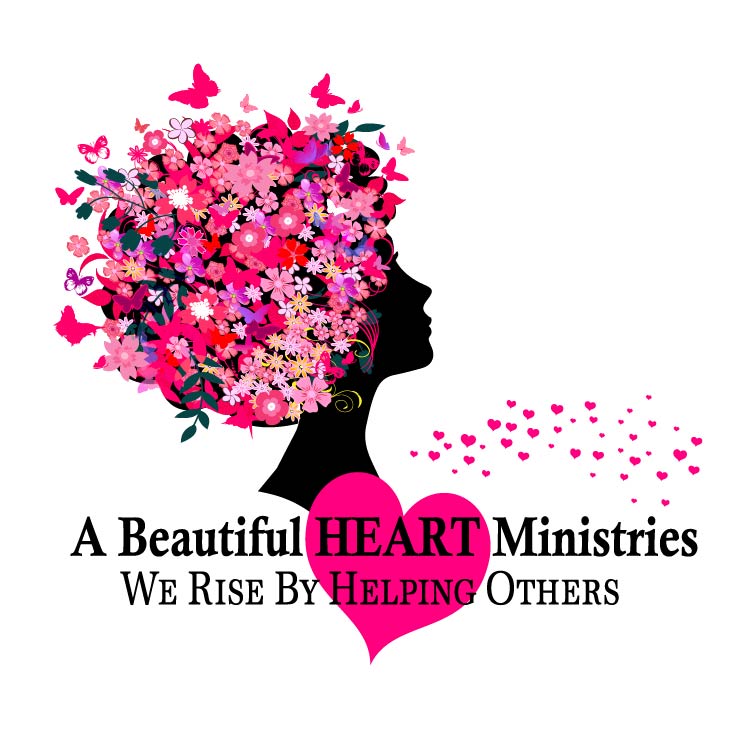Trafficking of Young Girls: How Victims of Trafficking are Harmed by the Criminal Legal System
- A Beautiful HEART Ministries
- Jan 5
- 3 min read

The trafficking of young girls is a tragic and urgent issue impacting communities around the world. This exploitation leaves deep scars on lives, undermines fundamental human rights, and threatens our societal values. Unfortunately, the very criminal legal system created to protect these victims often fails them. In this article, we will examine how legal practices can inadvertently harm young girls who are victims of trafficking, and why this crucial issue requires our immediate focus.
Understanding Human Trafficking
Human trafficking, especially sex trafficking, involves the recruitment and exploitation of individuals using force, fraud, or manipulation. Young girls are particularly vulnerable due to factors like poverty, educational inequality, and unstable home environments.
This vulnerability often starts with neglect or abuse at home, making young girls prime targets for traffickers. For instance, in 2021, the National Center for Missing and Exploited Children reported that 87% of trafficking survivors had previous encounters with child welfare systems. These staggering numbers highlight the urgent need to address the root causes of trafficking.
The Role of the Criminal Legal System
The criminal legal system consists of law enforcement, courts, and correctional facilities. Ideally, it should uphold justice, protect the vulnerable, and hold offenders accountable. However, a closer examination reveals serious flaws that further victimize those already suffering.
Criminalization of Victims
One of the system's most significant failures is the criminalization of victims. Young girls, often forced into illegal activities like prostitution, may be arrested rather than receiving the help they need.
This creates a painful contradiction: victims are penalized for actions driven by coercion, further deepening their trauma. A study by Polaris Project showed that 77% of sex trafficking survivors reported feeling ashamed and blamed for their situation. This criminalization fosters mistrust, making it harder for these young girls to seek help in the future.
Insufficient Knowledge Among Law Enforcement
A lack of training for law enforcement is another pressing issue. Many officers may not grasp the complexities of trafficking cases, including how traffickers psychologically manipulate their victims.
This knowledge gap often leads to misidentifying victims as criminals or willful participants. For example, a study revealed that 95% of officers in certain regions reported they had not received specialized training on identifying trafficking victims. Implementing comprehensive training programs could ensure better identification and support for victims.
Inadequate Legal Protections
Victims of trafficking face numerous obstacles within the legal system. The legal protections designed to safeguard their rights often fall short.
In many jurisdictions, specific laws may not create clear pathways for victims to testify or be protected. As a result, traffickers can intimidate victims, leading many young girls to remain silent. Research indicates that up to 94% of trafficking victims fear retaliation if they cooperate with law enforcement, perpetuating their suffering.
Revictimization Through the Judicial Process
The judicial process can further traumatize survivors. During trials, victims often undergo invasive questioning that can trigger painful memories and hinder their recovery.
The courtroom environment can be intimidating. In cases where victims are required to testify, they may feel hostility from the defense, discouraging them from giving essential information. According to the Bureau of Justice Statistics, only about 30% of trafficking cases lead to a successful conviction, underscoring the need for a more victim-friendly approach.
Societal Stigma and Lack of Resources
Societal stigma around trafficking and sex work significantly affects young girls seeking justice. Victims often face blame for their situations, despite being coerced.
This stigma translates into inadequate support services, such as counseling, safe housing, and education, critical for recovery. A survey showed that nearly 60% of trafficking survivors reported lacking access to necessary mental health resources. Without proper support, young survivors struggle to reintegrate into society, remaining susceptible to re-exploitation.
A Call for Change
The trafficking of young girls is a severe human rights violation that urgently needs our attention. The current criminal legal system often intensifies the harm done to these victims instead of helping them.
To address this systematic issue, meaningful reforms are essential. We need legal practices that recognize and support victims, enhanced training programs for law enforcement, and trauma-informed judicial procedures.
Focusing on these areas is not just about achieving justice; it is a crucial step toward restoring dignity to those who have endured unimaginable suffering. We must advocate for comprehensive changes to ensure that victims are treated with the care they deserve, breaking the cycle of exploitation and creating a brighter future.
The wellbeing of young girls caught in trafficking is not merely a legal issue. It is a societal duty to protect and uplift the most vulnerable among us.
Authored By Dr. Clover A. Perez

Comments